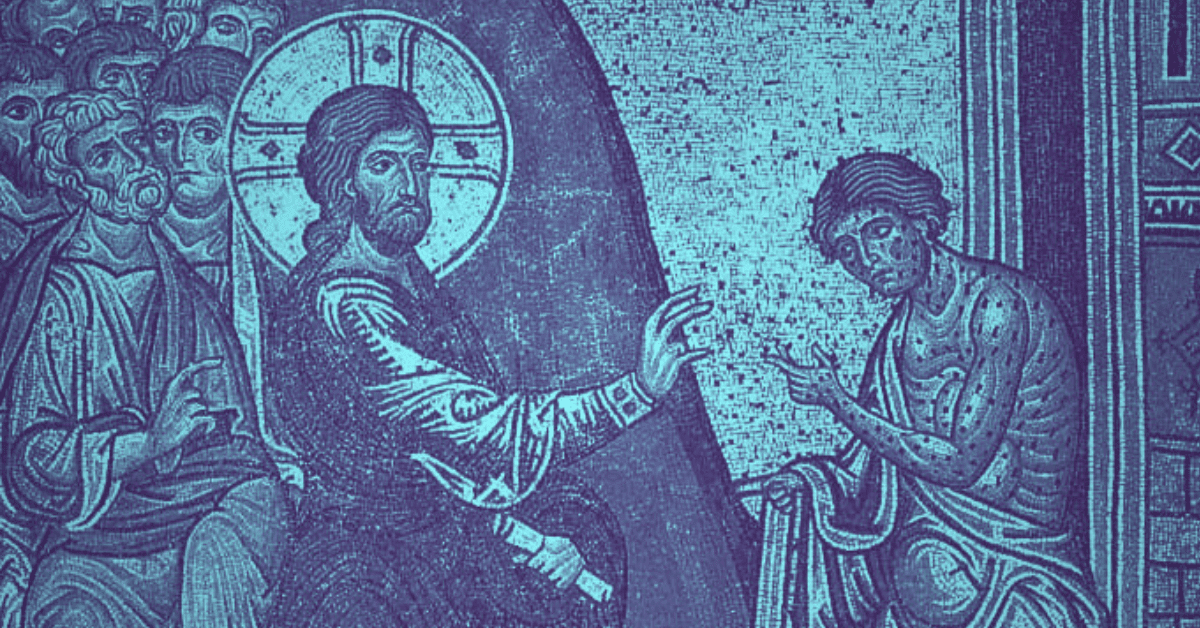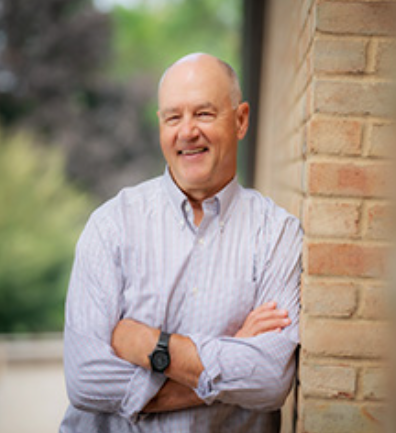This blog post is an adaptation of the article, “Looking back to Imagine Looking Forward,” published in Word & World, Issue 43–3, Summer 2023.
Martin Luther’s understanding of vocation is far more comprehensive than most people realize. It includes all dimensions of life, including the need to care for our mental and physical health. However, in our time, care for self has become a mantra and a billion-dollar business. When it becomes separated from a robust view of vocation it can easily degenerate into selfishness. I am going to argue that Luther’s and ultimately Jesus’s understanding of what it means to be called into self-care provides a necessary corrective to a culture obsessed with wellness and points the way to an understanding of life rooted in faith and turned outward toward the neighbor.
I will begin with a focus on Luther’s own context and provide an overview of his understanding of vocation. Far too often in the church it seems that discussions about vocation are closely confined to the world of work. Nothing could be further from Martin Luther’s own vision of what it means to have a calling in life. He made a radical move in breaking with the hierarchical models of the late medieval church. The latter taught that vocations were limited to the monk, nun, and priest. In other words, they took seriously Jesus’s admonition to leave all behind and follow him. By taking vows of poverty, chastity, and obedience they had status in God’s eyes that was lacking for those in the “world,” trapped as they were by obligations of family, work, and keeping order in society.
Luther’s theological insights created a massive rupture in that traditional view of vocation (see my book, Martin Luther and the Called Life). The notion that human works…even noble ones…do nothing to boost a person’s status before God meant that everyone has vocation—not just clerics and monastics. The humble work of a midwife, baker, or father was as important as fasting and praying in the cloister. Above all, for Luther, faith in the crucified and risen Jesus (a trust enabled by the Holy Spirit) is what gives us “status” before God. Our works are now directed toward creation and neighbors near and far. So, everyone has a vocation, and we are called “365/24/7.” All of life now flows from the fountain of God’s goodness and through us in our callings and out to our neighbors and the created order.
As a former monk, Luther was well-acquainted with the idea that bodily practices like fasting or interrupting sleep to pray could easily cross the line into self-justification. He later believed that his zealous pursuit of God’s righteousness in the monastery caused him to do permanent harm to his health. So, he counseled that every person has to discern the limits of the disciplines they observe. While it is necessary to “harness” the body and its desires, we must also be careful not to go to excess because it could threaten our mental health. Thus, Luther and his counsel to practice self-care for the sake of the neighbor. Now let’s make the connection with the modern obsession with wellness.
In their book, The Wellness Syndrome, Carl Cederstrom and Andre Spicer note the ways that “wellness” in our culture has become an ideology. The underlying cultural assumption is that of the autonomous self, that is, a self that is solely responsible for creating the future it will eventually have. When this is applied to matters of health, we are in charge of our well-being, both physical and mental. Discipline now becomes the watchword. Everything gets quantified, from steps to calories to pounds lost and gained. The objects of our strivings often include unattainable weights and subjective but illusive measures of happiness. And that is part of the point. We never reach the goal so we are always susceptible to new marketing pitches for diets, coaching, exercise machines that promise to get us there. Once on the wellness treadmill, we get strapped in, and it is very difficult to get off. And that is part of the genius of the entire design.

Most concerning, however, are the costs exacted by this ideology. First of all, if we are autonomous agents solely responsible for our health, then what does that mean for those who are not healthy? Do overweight people become bad people? Are people with ailments like diabetes or heart disease worthy of our care and concern? After all, where did they think all that salt and sugar would lead? Are smokers not only caught up in a bad habit but also worthy of our moral censure? How about that line of cars at the Dunkin Donuts drive-up? I sure thank God that we are not like those people!
Second, this way of thinking takes a toll on mental health. If the “perfect human” is always held out before us but forever beyond our grasp, we inevitably feel guilt and shame for not measuring up to the ideal. There are generally two things that happen with guilt and shame. One possibility is to simply double-down or work harder. We go to the gym more often. We become ever more watchful of our diets. We vow to be even more “mindful,” and schedule fifteen more minutes a day for meditation. This might even make us more productive, and our employer will probably applaud our efforts (as long as we still do the work), but a sculpted body with a low BMI is something few achieve. Let’s now move from the modern obsession with wellness back to the first century and the encounter that Jesus had with an extreme form of illness, leprosy.
Towards the end of the book of Luke we read that he is in the region of Samaria and is approached by ten men who had this dreaded disease that not only disfigured people but also ostracized them from society. The lepers plead with Jesus to be merciful to them, and he heals them. Jesus then instructs them to show themselves to the priests so that they can be certified as worthy to reenter normal life. We are then told that of the ten men now healed, only one returned, “praising God” and throwing himself down at Jesus’s feet while giving thanks for his miraculous recovery. Along with marveling at the ingratitude of the other nine, Jesus addresses the healed man before him: “Get up and go your way; your faith has made you well” (Luke 17:11–19).
A small detail sometimes lost in this story is that while all ten lepers were healed, Jesus says that only one has been made well—the man who had faith—the one who returned and gave thanks. It is clear that all ten men were restored to health, a remarkable gift given the horrors of a disease like leprosy. But only one was literally “saved” (the Greek word here), or made well. Jesus is in no way denigrating or minimizing the importance of physical health. But this story also seems to underline that physical health alone will not make us well.
In summary, there is a better way to think about what it means to be well! Our notion of self-care comes under the horizon of God’s love for us in Christ Jesus and calls us to move us beyond the borders of our own bodies and into the world of our neighbors near and far.



